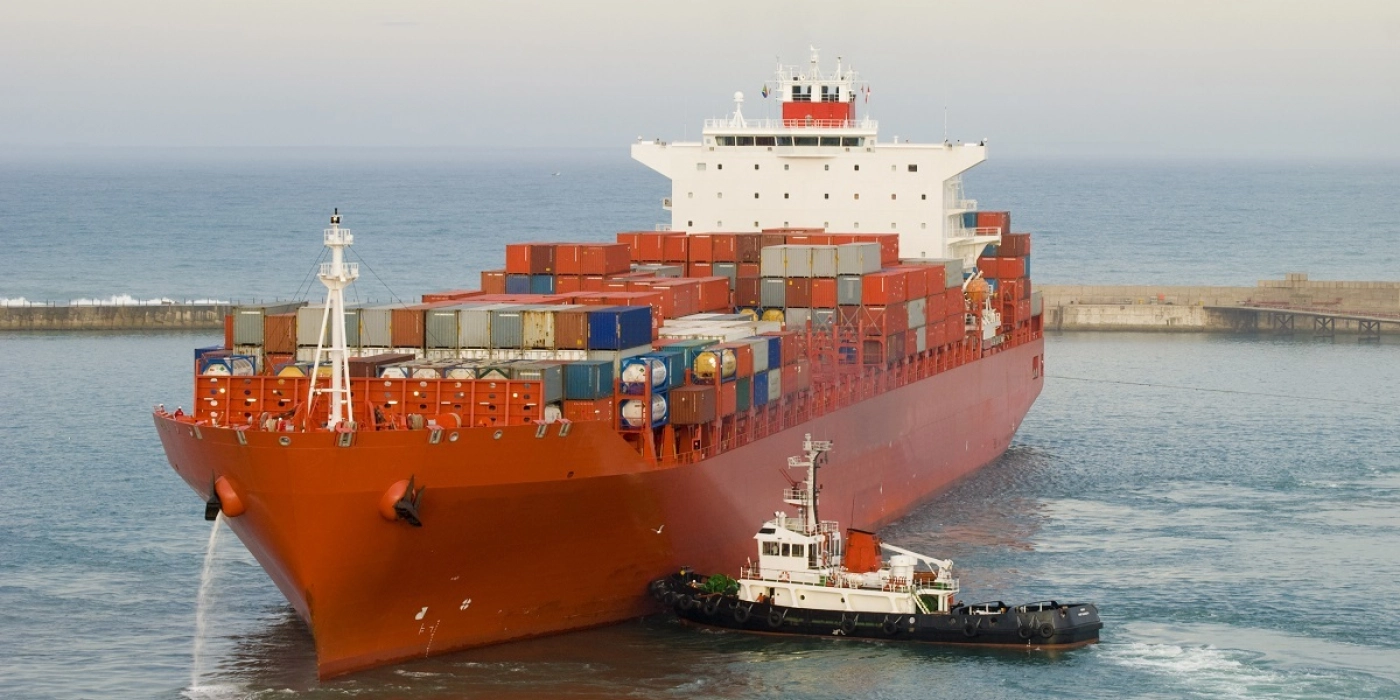Economics | 3 min read June 2025

Economics | 2 min read | June 2025
The Shipbuilding and Maritime Industry
A New Frontier in US-China Tensions

Economics | 2 min read | June 2025
A New Frontier in US-China Tensions
The Geneva meeting between the US and China resulted in an unexpected 90-day reprieve, but tensions between the worlds’ two largest economies remain highly elevated, as evidenced by the recent mutual accusations of undermining the Geneva Agreement and the escalations in non-tariff measures. Both parties recognize that exceptionally high tariff rates could lead to a cessation of trade, which is a scenario neither desires. However, on a longer-term horizon, the rivalry between the two superpowers is likely to escalate, and the conflict could shift from trade disputes to more strategic domains. One such domain is the shipbuilding and maritime industry.
Outpacing South Korea (global share of 28.3%) and Japan (15.4%), Beijing’s maritime supremacy is increasingly causing alarm in Washington and has triggered the USTR to impose hefty fee charges for China-built and owned vessels. On April 9, President Trump signed an Executive Order aiming to restore America’s maritime dominance, with an explicit emphasis on countering China. While we do not anticipate a significant short-term impact on China’s economy, Washington’s policies may impose additional costs on Chinese maritime operators and risk market share losses to South Korea and Japan.
According to the Ministry of Industry and Information Technology, China’s shipbuilding completions, new orders and order backlog accounted for 56%, 74% and 63% of global market share, respectively. This industrial strength, far surpassing competitors like South Korea and Japan, cements China’s role as a maritime powerhouse. In recent years, China has also started to take the lead in some high-value markets, securing 30% of LNG carrier orders and pioneering green ship production for sustainability.
Why is China’s maritime dominance a concern to the US? China’s shipbuilding dominance is causing alarm in Washington, mainly due to its Military-Civil Fusion strategy. Leveraging substantial foreign orders, China’s vast shipyard network strengthens its industrial base, echoing the West’s losses in solar and lithium-ion battery markets. This unique synergy, largely absent in Western models, threatens to shift Asia-Pacific power dynamics, exposing US vulnerabilities in global trade and security. Washington’s response, including the latest USTR port charges and Trump’s executive order, reflects its urgency to revitalize domestic shipbuilding, countering China’s strategic edge to safeguard its economic resilience and maritime supremacy.
The Trump administration’s latest measures to contain China’s shipbuilding industry may further raise tensions between Washington and Beijing. We anticipate Beijing could implement retaliatory measures, including further tightened rare earth export controls, to safeguard its interests. The latest escalation is, at least in part, due to Beijing’s reluctance to ease its existing export controls on rare earth minerals for entities in the US, as it views such measures as increasingly strategically important.
To read our full report, click here.

Chief China Economist

China Economist
This content has been prepared by Nomura solely for information purposes, and is not an offer to buy or sell or provide (as the case may be) or a solicitation of an offer to buy or sell or enter into any agreement with respect to any security, product, service (including but not limited to investment advisory services) or investment. The opinions expressed in the content do not constitute investment advice and independent advice should be sought where appropriate.The content contains general information only and does not take into account the individual objectives, financial situation or needs of a person. All information, opinions and estimates expressed in the content are current as of the date of publication, are subject to change without notice, and may become outdated over time. To the extent that any materials or investment services on or referred to in the content are construed to be regulated activities under the local laws of any jurisdiction and are made available to persons resident in such jurisdiction, they shall only be made available through appropriately licenced Nomura entities in that jurisdiction or otherwise through Nomura entities that are exempt from applicable licensing and regulatory requirements in that jurisdiction. For more information please go to https://www.nomuraholdings.com/policy/terms.html.

Jump to all insights on Economics
Economics | 3 min read June 2025
Economics | 6 min read June 2025
Economics | 3 min read May 2025